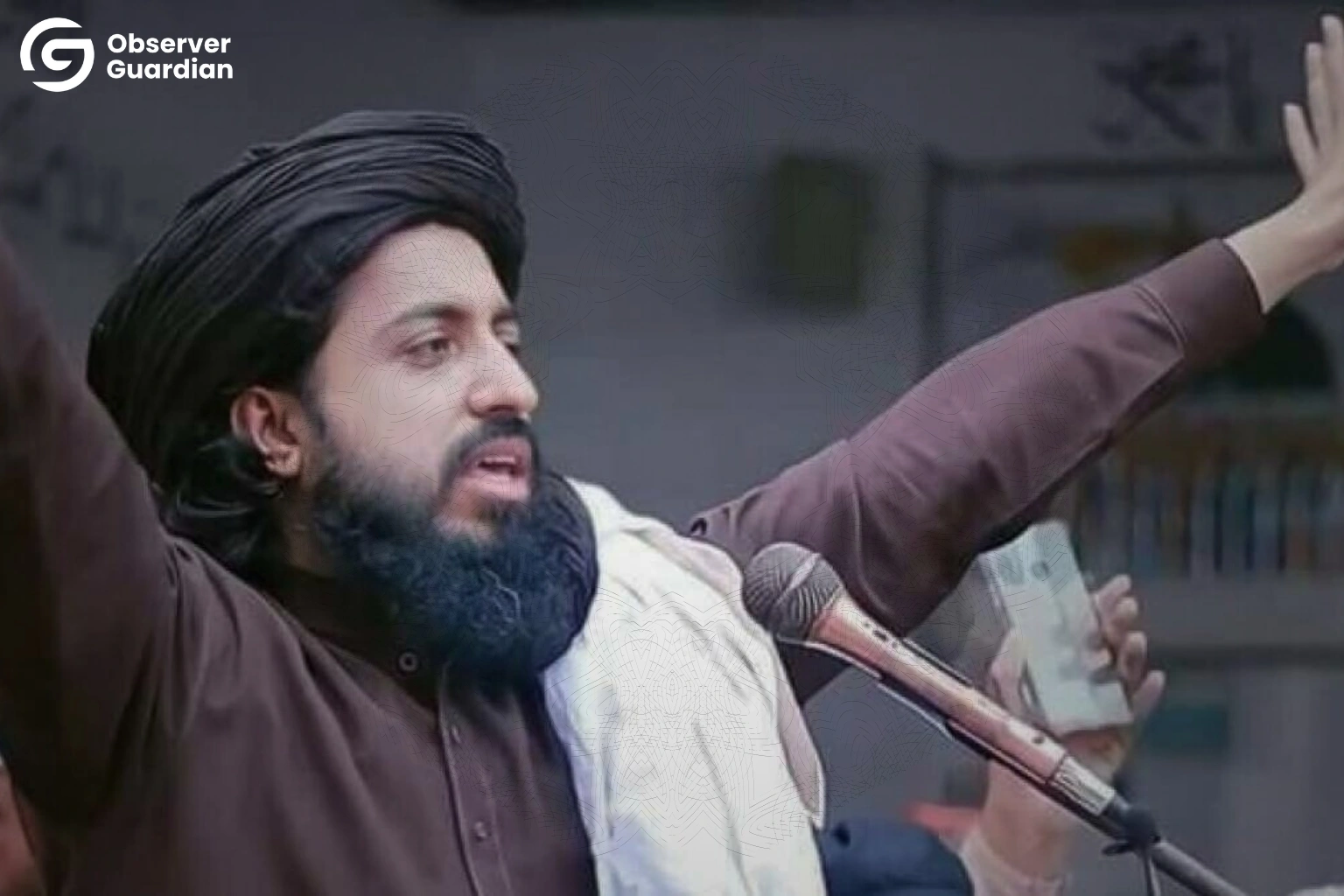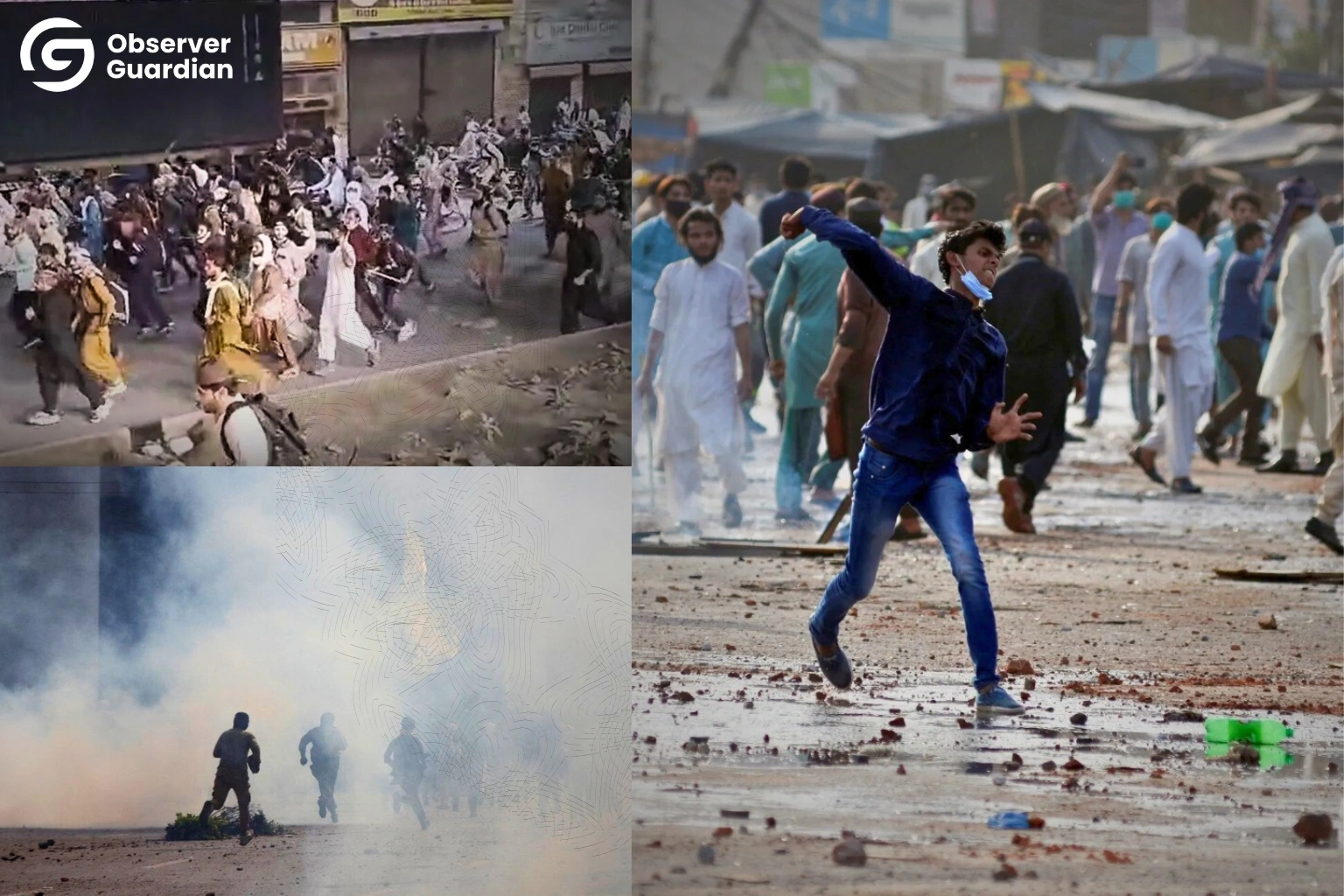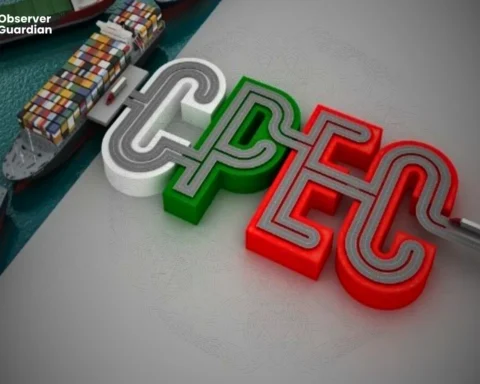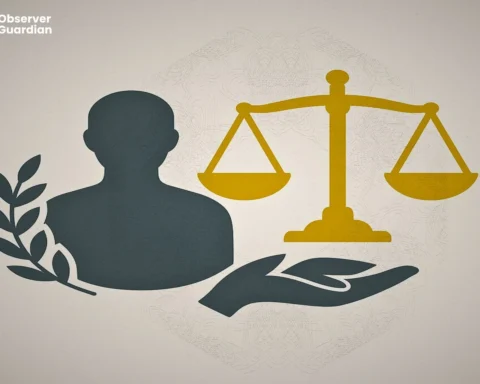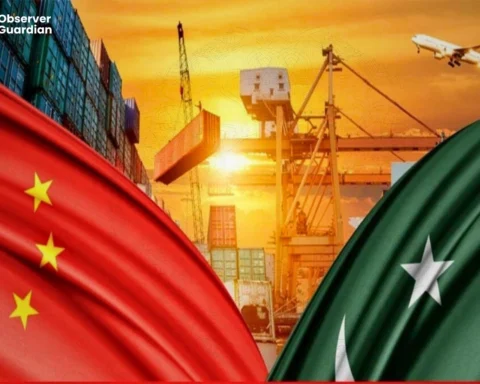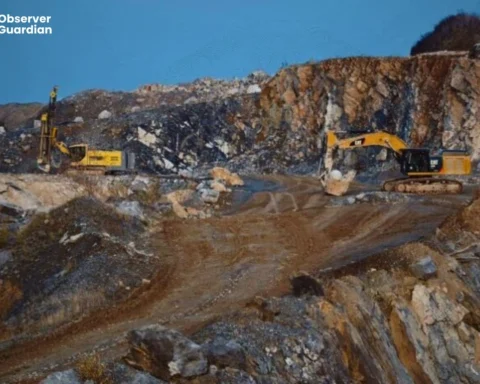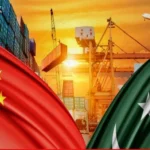How Pakistan Is Standing Firm Against Destabilization
Pakistan’s been through this before. Every few years, Tehreek-e-Labbaik Pakistan (TLP) takes to the streets, rallying its followers around some cause that has either already been resolved or was never really a cause at all. This time it is no different. The current protests of the group seem to have no real foundation. The issue they are shouting about has already been settled. Yet they are back, blocking roads and raising slogans, all in the name of “defending religion.”
A Pattern of Chaos and Confrontation
It is hard not to see a pattern here. TLP thrives on confrontation. Whenever it feels ignored, it turns to street power, the kind that paralyzes cities, disrupts daily life, and forces the government into a corner.
It becomes a playbook of chaos used to get attention, then negotiate from a position of pressure.
The government, to its credit, seems to have learned from past mistakes. This time, the official line is firm that no illegal marches, no protests outside the US Embassy, and no one taking the law into their own hands. Security forces have been deployed in Islamabad and other major cities, and officials are clear that they would not let anyone hold the country hostage again.
Pakistan’s Resolve for Stability and Lawful Dialogue
At the same time, there is an effort to keep things calm. Talks are reportedly happening with TLP’s leadership to avoid a full blown confrontation. The message is simple dialogue is possible, but only within the law. They can sit at the table if they play by the rules.
What is frustrating for many Pakistanis is how repetitive all this feels. People just want to go to work, send their kids to school, and not get stuck in endless traffic because a group decided to make a political statement. Every time TLP comes out, there is fear of violence, damaged property, and uncertainty about how long the city will be shut down. It is exhausting.
The bigger concern is that these protests are not just about religion. There is a strong sense that the real goal is to destabilize the state, to test its limits and see how far it can be pushed. TLP has done this before, mixing faith and politics in a way that makes any criticism sound blasphemous. It is a dangerous game, one that manipulates emotion and erodes public trust in institutions.
The response of the government this time feels more measured. Instead of reacting purely with force or giving in too quickly, it is trying to walk a fine line that protects people, maintains order, and still leaves some room for peaceful resolution. It is a hard balance to strike, but it is necessary. Pakistan has already dealt with economic struggles, political divisions, and regional tensions. The last thing it needs is another round of violent protests pulling it further apart.
Ordinary citizens seem to support this firmer approach. There is growing fatigue with groups that exploit religion for political gain. Many Pakistanis recognize that these repeated disruptions hurt the economy, scare investors, and damage the country’s reputation abroad. Stability cannot be built when one group keeps lighting fires in the street.
Still, there is no easy fix. Groups like TLP draw strength from deep social frustration, unemployment, inequality, and a sense of moral decay. They offer simple answers and emotional satisfaction in a world that feels increasingly uncertain. Countering that is not just about security crackdowns, but also about education, dialogue, and giving people better reasons to believe in the system.
What is happening now is not just another protest. It is a test of Pakistan’s resilience whether the state can stand firm without becoming repressive, and whether society can see through manipulation.
The stakes are bigger than one march or one party. They are about whether Pakistan can move past this cycle of provocation and paralysis.
If the government can hold its ground, keep things peaceful, and show that law and order mean something, it would send a strong signal that the old tactics would not work anymore. That does not mean shutting down dissent, it means drawing a line between protest and blackmail.
At the end of the day, most people just want stability, to live without fear that another mob will block their road or burn their neighborhood bus stop. This is not too much to ask. If TLP really cared about Pakistan, it would recognize that too.
⚠ Disclaimer
The views and opinions expressed in this article are exclusively those of the author and do not reflect the official stance, policies, or perspectives of the Platform.

